When Caitlin Anderson, 14, was asked to look after a Ukrainian refugee joining her school it was the start of a special friendship.
As Caitlin helped Veronika Raziievska, also 14, improve her English and settle into her new surroundings, she decided she should make the effort to learn her language.
And as well as making Veronika’s new life at Monifieth High School a little easier, that resulted in Caitlin winning a national competition for a poem she subsequently wrote in Ukrainian.
When she entered the Mother Tongue Other Tongue contest, Caitlin told Veronika’s story to raise awareness of what she and other refugees had endured as a result of the war in Ukraine.
We met the S2 pupils to hear about their friendship and how that resulted in Caitlin’s award-winning poem – which you can hear and read below.
Ukrainian Monifieth High pupil Veronika came to Scotland with her mother, after fleeing their home city of Melitopol for Poland, leaving her soldier father behind.
When she arrived at Monifieth High School in May, last year, a guidance teacher asked Caitlin and another friend to look after her and show her around.
Caitlin said: “Ever since then, we have just become friends.”
Eager to make her feel welcome, Caitlin decided that as well as helping Veronika improve her English she would learn her language.
She said: “I thought, I need to start doing something because they are making all the effort to learn our language, why shouldn’t I be making an effort to learn theirs?”
Monifieth High pupil learned Ukrainian alphabet
Ukrainian has a different alphabet to English, so Caitlin has had to learn new letters as well as words, sounds and phrases.
When a foreign language poetry competition with a special category for Ukrainian was advertised on the school notice board Caitlin knew she had to enter.
“Ever since primary school, I’ve had a thing for poetry,” she said. “I’ve always enjoyed writing it. I thought this is for me, because I’ve started learning Ukrainian it makes sense to start putting these skills to use.”
“I feel much better when I speak with Caitlin and our other friends. I start to feel better in the school, I feel like I can be here.”
Veronika
Caitlin wanted to use the opportunity to raise awareness of the impact of the war on refugees.
She said: “A lot of people in our school don’t understand what it’s been like for Veronika and her friends so I really needed to make sure I got the message across.
“I talked to Veronika and asked her about her experiences in Ukraine and what it was like coming over here.
“After a couple of days the poem kind of formed.
“I wrote it in English to start with then we translated it to Ukrainian.
“Then it took me weeks and weeks of practising it and speaking it.”
Friends ‘scream’ as Monifieth High Ukrainian prize announced
Caitlin and Veronika were together in class when languages teacher Rachel Hogan announced that Her Story, the title of the poem, was the winner.
Caitlin said: “I did scream at the top of my voice!”
Although she learned English at school in Ukraine, Veronika told us it was still a struggle at first to understand in class when she arrived at Monifieth.
But a friendship group formed with Caitlin, her friend and two other Ukrainian girls who arrived later. That has helped both her language skills and integration to the school community.
She said: “I feel much better when I speak with Caitlin and our other friends. I start to feel better in the school, I feel like I can be here.”
Rachel supported Caitlin in entering the Mother Tongue Other Tongue multilingual competition run by SCILT, Scotland’s National Centre for Languages.
She said: “Her poem is so lovely, I knew when I saw it it was going to win.
“They have an amazing friendship; Caitlin has made Veronika feel really welcome and it’s brilliant she is learning the language.”
Fellow Monifieth pupil Jessica Smith, S6, also won and was runner-up for French and Spanish submissions in her age group.
Lisa Hanna, depute director of SCILT, congratulated all the poets who took part and said: “We pay particular tribute to entrants in our special category – Ukrainian.
“These young poets have bravely shared their thoughts and feelings through beautiful and emotional poems, and we are proud to celebrate them.”
Her Story by Caitlin Anderson
The poem in English…
Cities no longer speak her language,
She hears only hers away from home.
She no longer goes to her Ukrainian classes,
Her only options are French and Spanish.
She has to travel two days by car,
To leave her own country
Yet there is no need for this,
Other than an old man’s greed.
And when she arrives on our shores,
There is no guarantee of safe housing.
And even back where help is there ‘helpers’ are her enemies.
And we sit here,
unbothered by the atrocities committed
We are practically silent,
Russia can hear but a whisper.
Nothing will change and we’ll let these monsters continue,
To steal innocent lives,
For no apparent reason.
She can’t fight an army on her own,
But together we can.
So, we stand next to each other and shout: Glory To Ukraine!
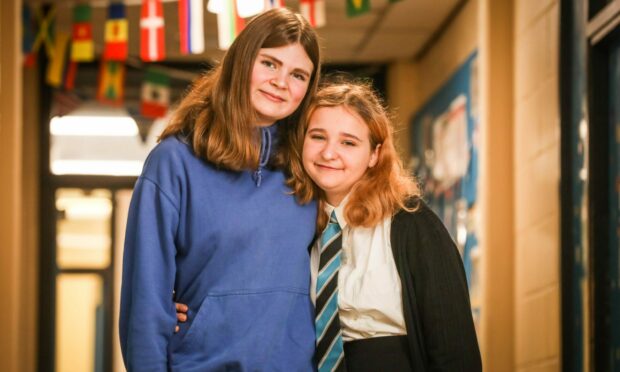
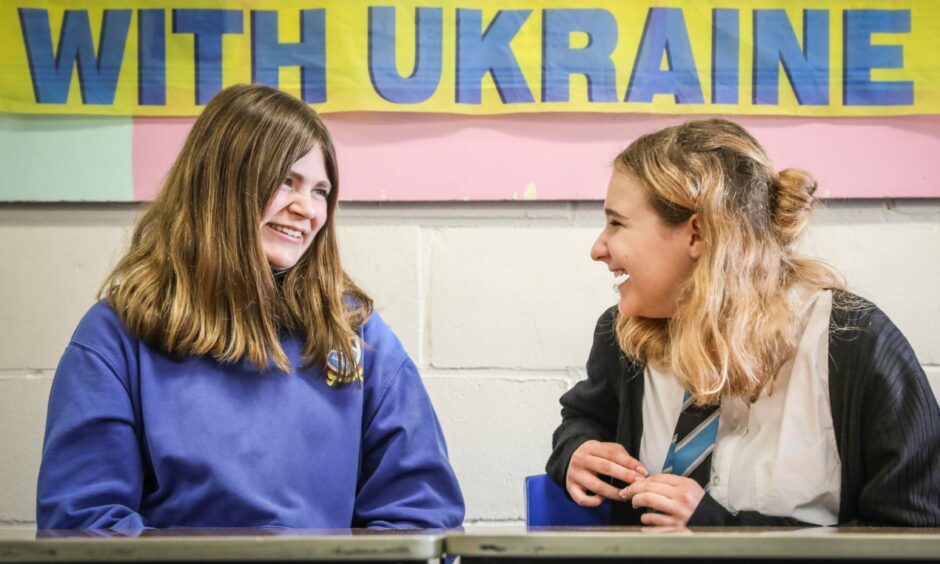
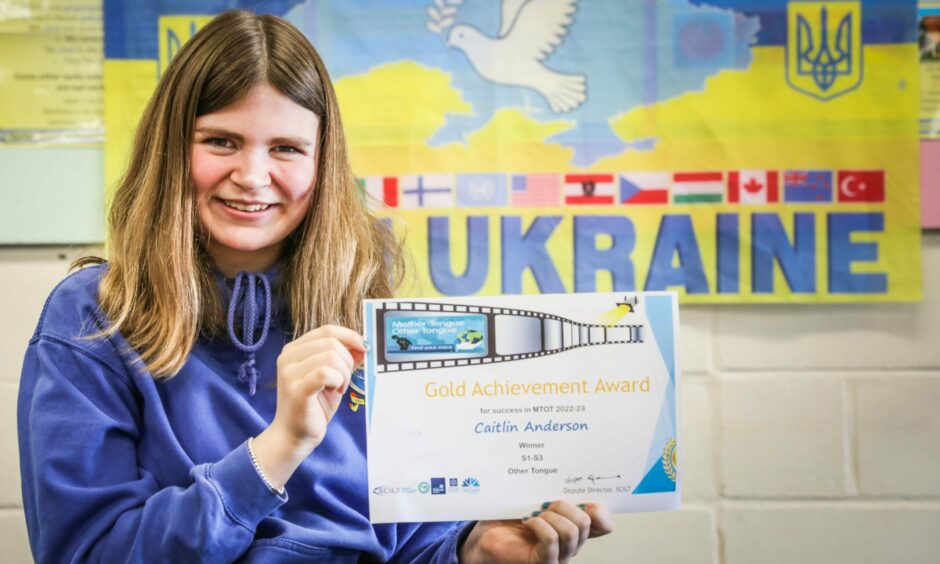
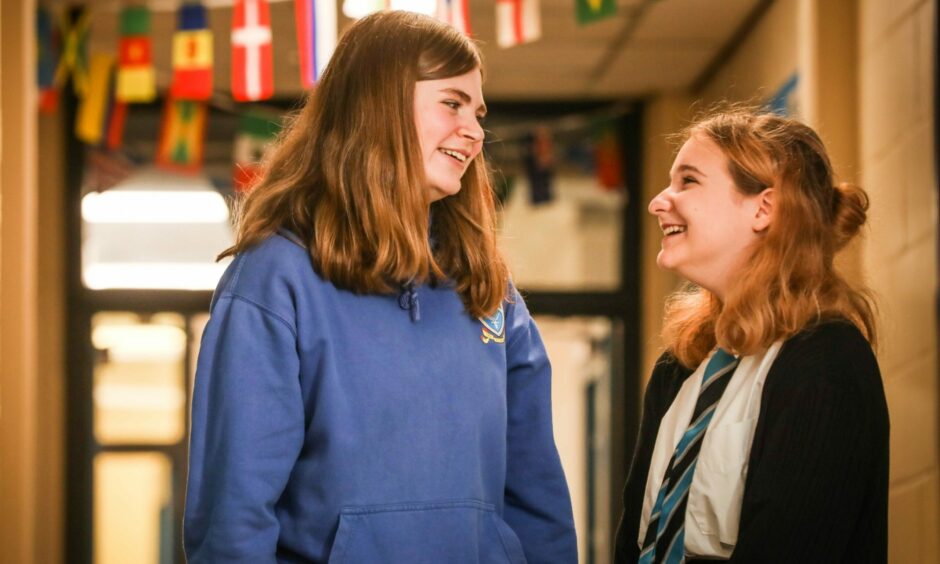
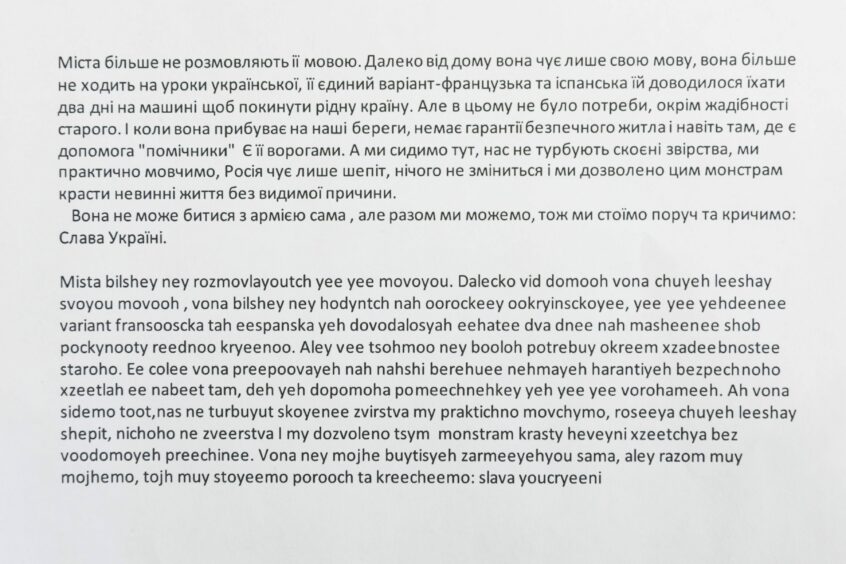






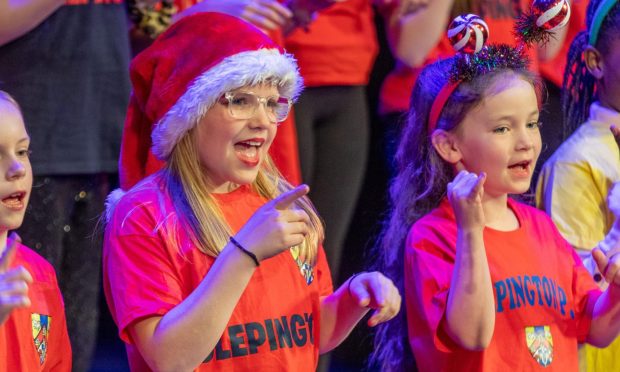
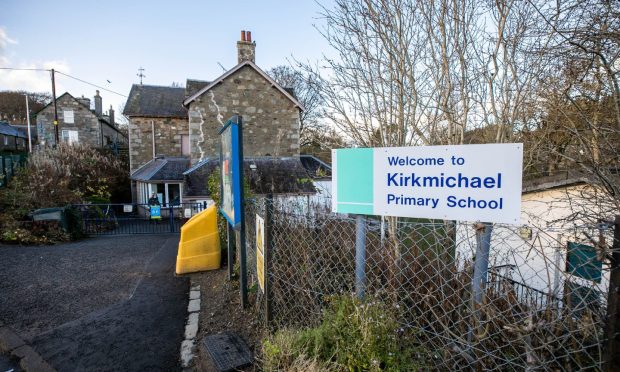
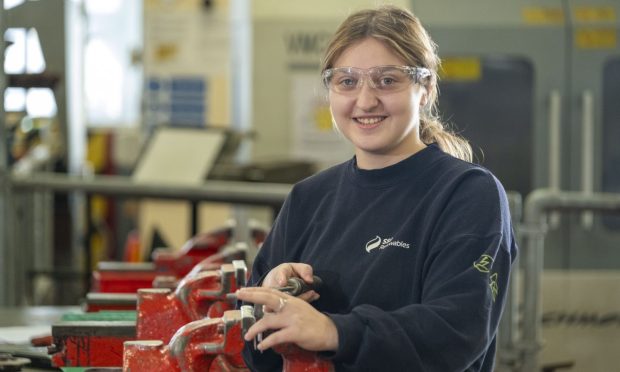
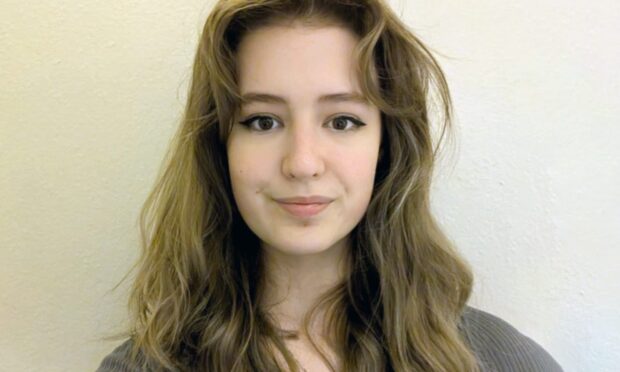
Conversation